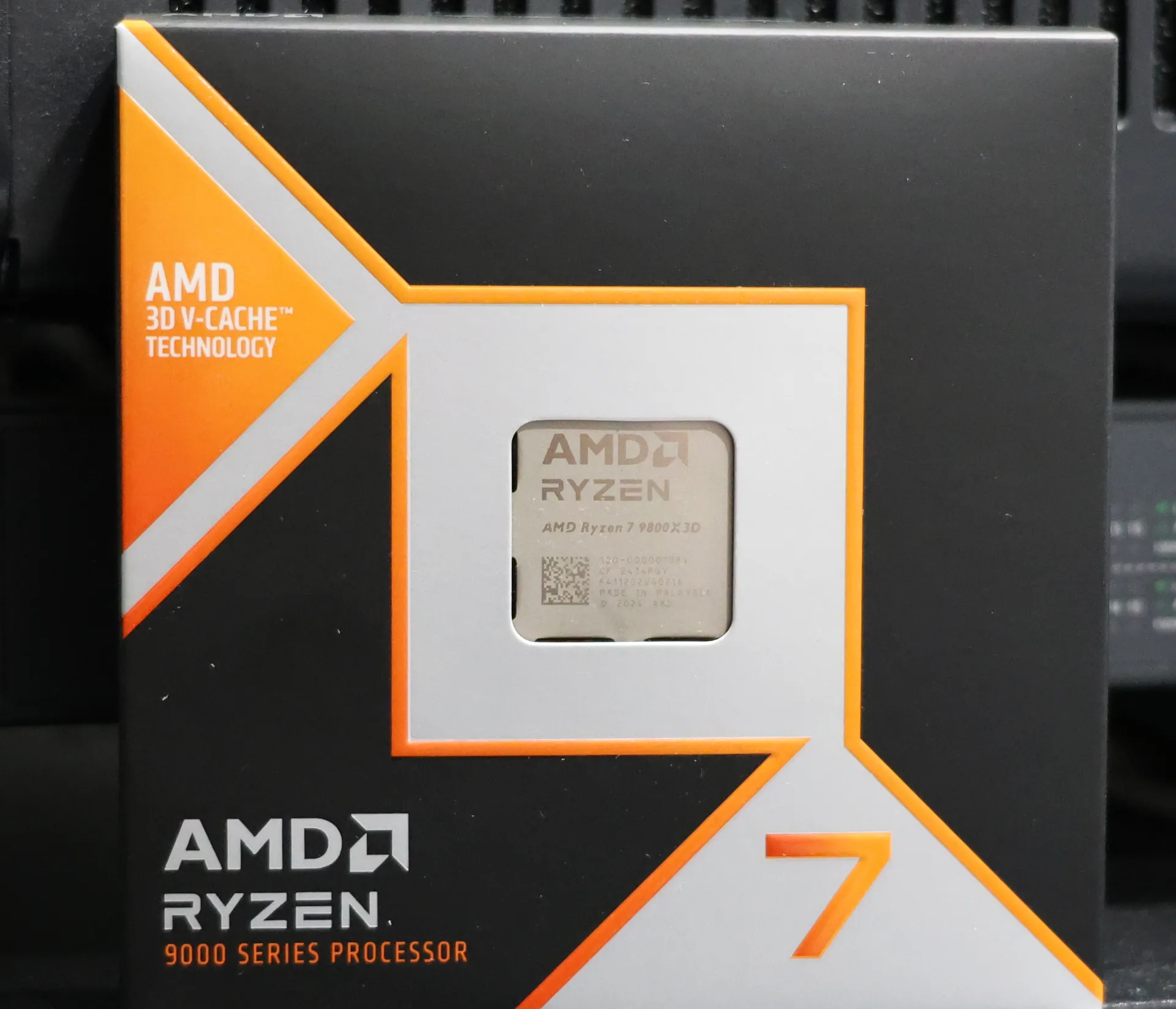cross-posted from: https://lemmy.ml/post/22205865
Ahead of tomorrow’s availability of the AMD Ryzen 7 9800X3D processor as the first Zen 5 CPU released with 3D V-Cache, today the review embargo lifts. Here is a look at how this 8-core / 16-thread Zen 5 CPU with 64MB of 3D V-Cache is performing under Ubuntu Linux compared to a variety of other Intel Core and AMD Ryzen desktop processors.
The AMD Ryzen 7 9800X3D as previously shared is AMD’s first processor leveraging 2nd Gen 3D V-Cache. The 64MB of cache is now underneath the processor cores so that the CCD is positioned closer to the heatsink/cooler to help with more efficient cooling compared to earlier X3D models.
The AMD Ryzen 7 9800X3D boosts up to 5.2GHz and feature a 4.7GHz base clock while total it provides 104MB of cache. Like with the prior 8-core Ryzen 7 7800X3D, all eight cores have access to the 64MB 3D V-Cache. The Ryzen 7 9800X3D features a 120 Watt default TDP. AMD’s suggested pricing on the Ryzen 7 9800X3D is $479 USD.
The AMD Ryzen 7 9800X3D will work with existing AMD AM5 motherboards with a simple BIOS update. For my testing I was able to use the ASUS ROG STRIX X670E-E GAMING WIFI motherboard previously used for all Ryzen 9000 series testing after a simple BIOS update. AMD also sent out an ASRock X870E Taichi motherboard as part of the review kit. For these 9800X3D benchmarks I ended up testing both initially on the ASUS ROG STRIX X670E-E GAMING WIFI motherboard to match the previously tested Ryzen 9000 series processors and then repeated the run with the ASRock X870E Taichi motherboard as well for reference.



AMD is ruining Intel.
Intel is ruining Intel.
⏫ That!
AMD should stop making Intel chips unalive themselves with overvoltage transients. It is terribly rude.